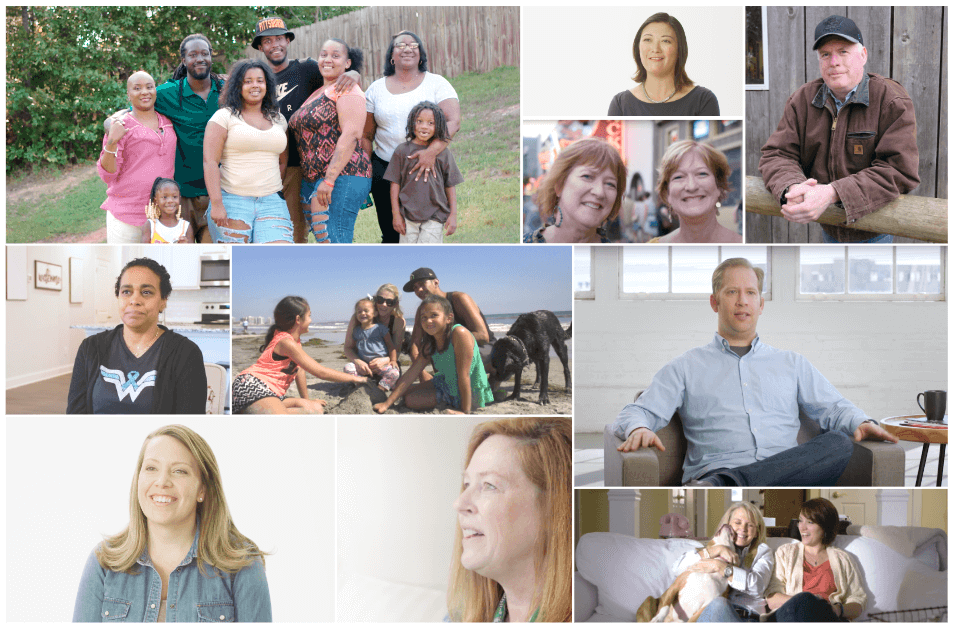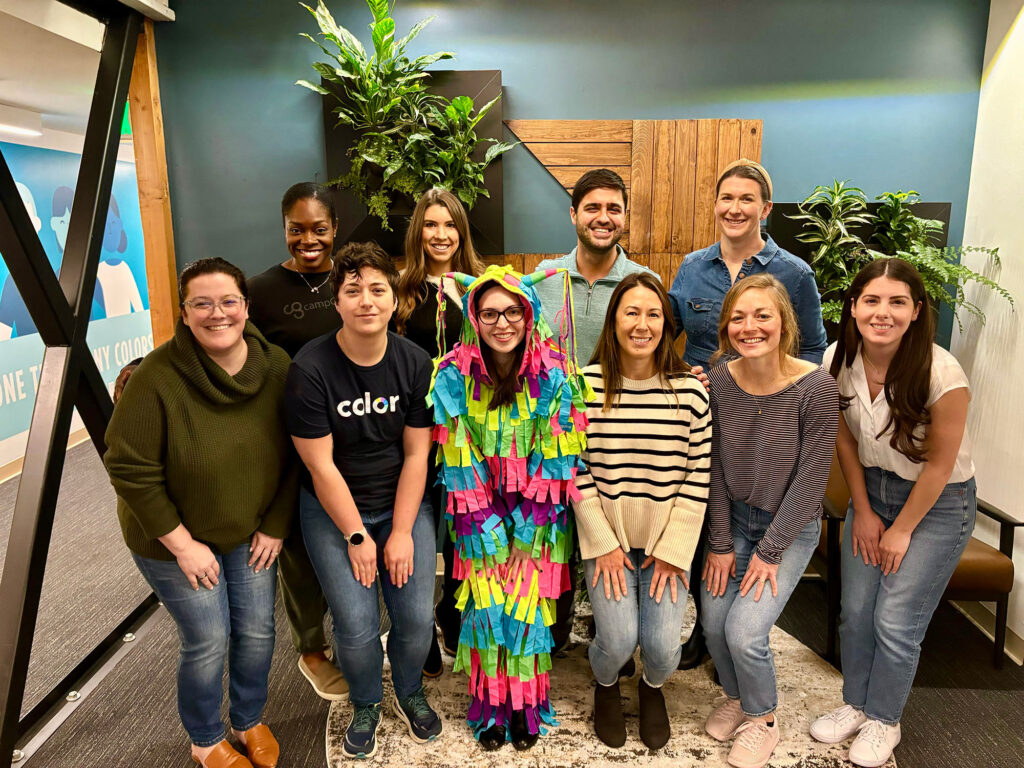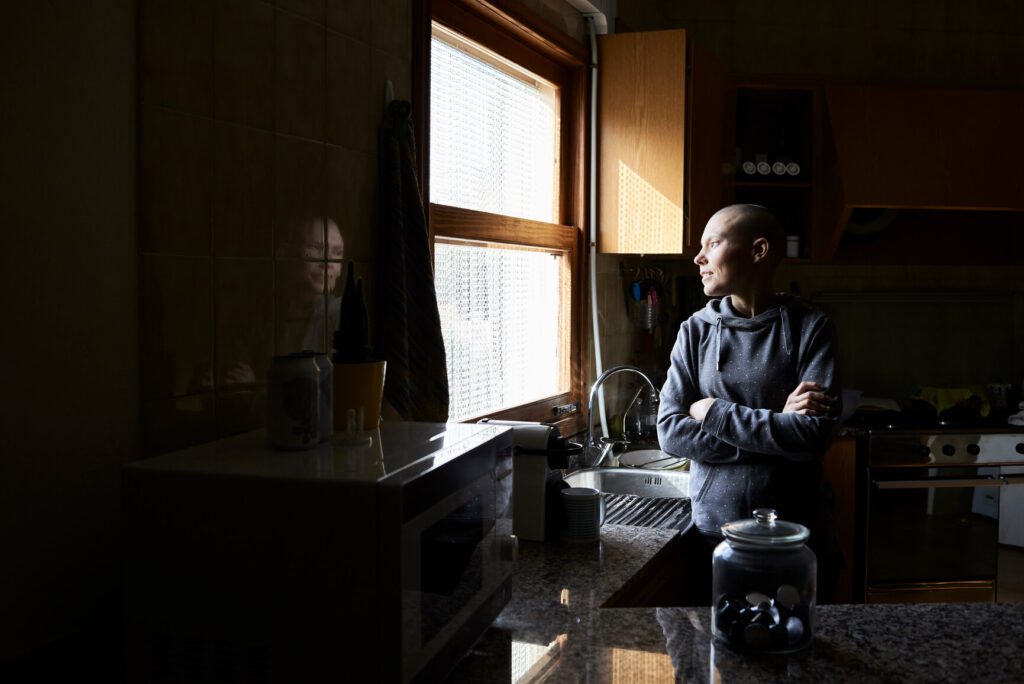News & Articles
First-ever $50 hereditary cancer test for families with a mutation
Othman Laraki
“BRCA testing began 20 years ago, yet it is estimated that under 20% of adults with that mutation are aware they are a carrier.”
Family is often the first thing people mention when they share their reasons for genetic testing. When a family member has a genetic mutation, there is a 50% chance that each of their first-degree relatives also has that same mutation. Yet even with a mutation in the family, genetic testing can be difficult for some people to access mainly due to high-costs and complicated processes acting as a barrier. For example, BRCA testing began 20 years ago, yet it is estimated that under 20% of adults with that mutation are aware they are a carrier.
To address this gap, Color, the BRCA Foundation and private donors are collaborating to offer genetic testing to parents, siblings, and adult children of people with mutations for a cost similar to filling a tank of gas at just $50, rather than the normal $249 price. Called the Color Family Testing Program, it is available to first-degree relatives of people who have tested positive for a mutation on any of the 30 genes analyzed on Color’s panel. They simply submit their report, or the report of a family member, to request the discounted testing. Color accepts reports of a deceased loved one’s mutation and also reports that came from other clinical labs. The program is being funded through generous donations from private donors and the BRCA Foundation.
The benefits of genetic testing go beyond basic risk assessment. Knowing about a mutation gives people important information they can use to create personalized screening plans with their healthcare providers, which can aid in early detection, treatment and prevention. Confirming that a person has not inherited a family mutation is just as important to know, as it means that his or her children will not inherit that mutation either. It also gives healthcare providers additional details to use when personalizing their care.
In parallel with the Color program, the BRCA Foundation is also launching the BRCA Registry. The registry will serve as a resource to researchers working toward the cure and prevention of cancers caused by the BRCA mutations. By joining the registry, people with a BRCA mutation are selecting to be contacted about any upcoming opportunities to participate in relevant research studies. The BRCA Registry is funded by the BRCA Foundation.
Our goals, along with those of the BRCA Foundation and generous private donors, are to improve access to genetic testing for everyone — individuals, families, healthcare providers, and researchers. The new Family Testing program will help more family members access their genetic information and the registry will connect researchers with a wide-range of participants in order to advance society’s collective understanding of cancer.



